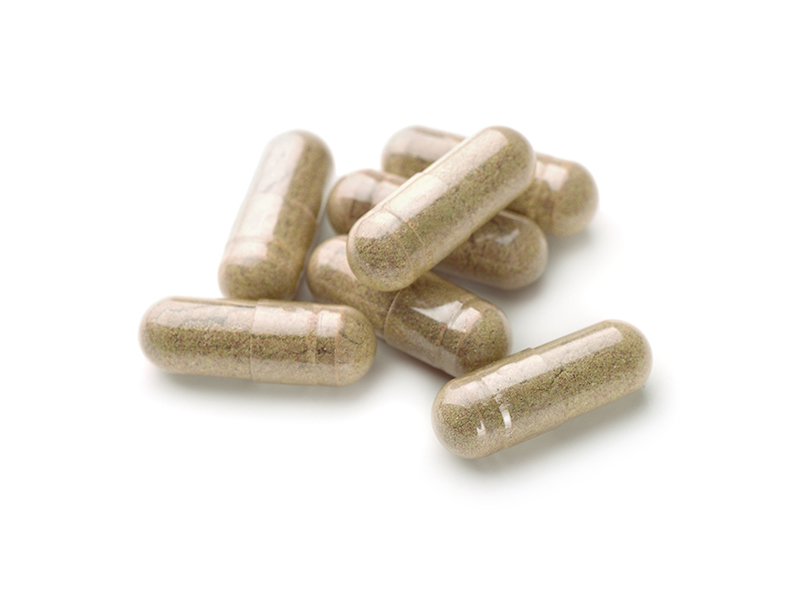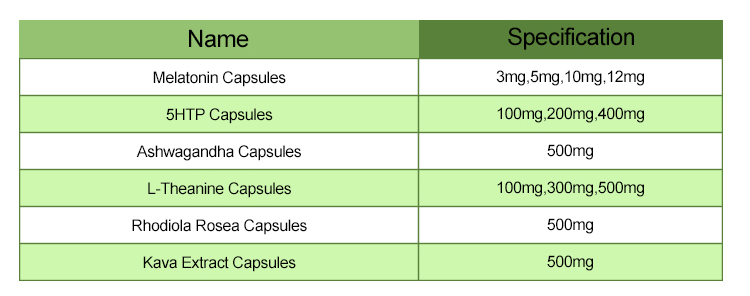Rhodiola rosea, also known as Arctic root or golden root, is an herb that has been used for centuries in traditional medicine, particularly in Russia and Scandinavian countries, to combat fatigue, enhance mental clarity, and increase resilience to stress. Rhodiola rosea extract capsules, derived from the root of the plant, have gained popularity as a natural supplement for improving mood and reducing fatigue. Here’s a breakdown of its effectiveness, potential side effects, and special considerations:
Effectiveness of Rhodiola Rosea Extract Capsules:
Adaptogen Properties: Rhodiola rosea is classified as an adaptogen, which means it helps the body adapt to stressors, both physical and mental. It’s believed to regulate the body’s stress response system, including the hypothalamic-pituitary-adrenal (HPA) axis.
Enhanced Cognitive Function: Some studies suggest that Rhodiola rosea may improve cognitive function, including memory and attention, especially under conditions of stress or fatigue.
Physical Performance: There’s some evidence to suggest that Rhodiola rosea may enhance physical performance and reduce fatigue, making it popular among athletes and individuals looking to improve exercise endurance.

Mood Enhancement: Rhodiola rosea has been studied for its potential antidepressant effects, with some research suggesting it may help improve mood and alleviate symptoms of mild to moderate depression.
Side Effects of Rhodiola Rosea Extract Capsules:
Insomnia: Some individuals may experience difficulty sleeping when taking Rhodiola rosea, especially if taken too close to bedtime. It’s often recommended to take it earlier in the day to avoid interference with sleep.
Jitteriness or Anxiety: In some cases, particularly at higher doses, Rhodiola rosea may cause feelings of jitteriness or anxiety. Individuals sensitive to stimulants may be more prone to experiencing these side effects.
Digestive Issues: Some people may experience gastrointestinal discomfort, such as stomach upset or diarrhea, when taking Rhodiola rosea.
Drug Interactions: Rhodiola rosea may interact with certain medications, including antidepressants, blood thinners, and stimulants. It’s essential to consult with a healthcare professional before taking Rhodiola rosea if you’re on any medication.
Special Considerations of Rhodiola Rosea Extract Capsules:
Dosage: The optimal dosage of Rhodiola rosea extract can vary depending on the individual and the specific product. It’s generally recommended to start with a low dose and gradually increase to assess tolerance and effectiveness.
Quality of Product: The quality of Rhodiola rosea supplements can vary significantly between brands. Look for products that contain standardized extracts with a specified level of active compounds, such as rosavins and salidroside.
Pregnancy and Breastfeeding: There’s limited research on the safety of Rhodiola rosea during pregnancy and breastfeeding, so it’s best to avoid it during these periods unless specifically recommended by a healthcare professional.

Allergies: Individuals with known allergies to plants in the Crassulaceae family, such as jade plants or sempervivum, may be more likely to experience allergic reactions to Rhodiola rosea.
Medical Conditions: Individuals with certain medical conditions, such as bipolar disorder or hormone-sensitive cancers, should exercise caution when taking Rhodiola rosea due to its potential effects on mood and hormone levels.
Overall, Rhodiola rosea extract capsules can be effective for some individuals in managing stress, improving cognitive function, and enhancing mood and physical performance. However, like any supplement, it’s essential to weigh the potential benefits against the risks and consult with a healthcare professional before incorporating it into your routine, especially if you have any underlying health conditions or are taking medications.
